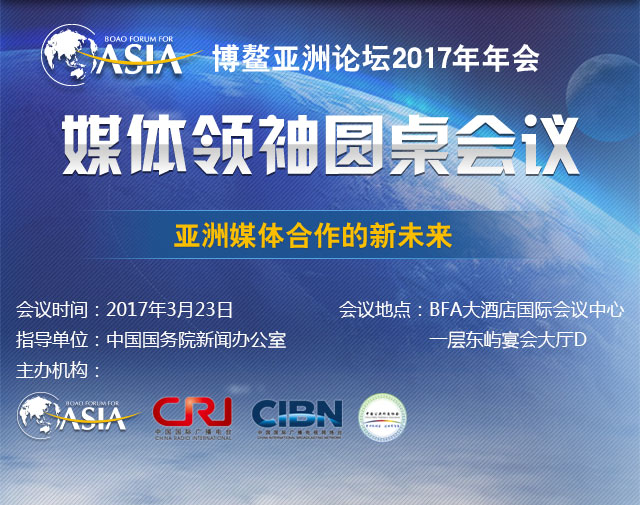
肯·顾纳瓦Mr.KemGUNAWADH
柬埔寨国家电视台台长
Director General, The National Television of Cambodia
肯·顾纳瓦曾在柬埔寨、越南、前苏联以及日本学习电视新闻和电视管理。1983 年,与其他36 名公务人员被委派创建柬埔寨电视台(简称TVK),随后该电视台作为国有电视台于1983 年12 月正式开播。1988 年,当局委任顾纳瓦为TVK 特使,委派跟进柬埔寨各政治派别在各大城市和首都进行的谈判,这些城市有:河内、曼谷、芭提雅、雅加达、莫斯科、哈瓦那、巴黎、北京、平壤、东京,以及起草最终协议的地方——纽约联合国总部。正式文件是在1991年10月23 日于巴黎签署,即国际上著名的“巴黎和平协定”。顾纳瓦在柬埔寨国家电视广播网担任过不同职位,并于2004 年8月至今担任台长。
柬埔寨国家电视台是柬埔寨唯一的公共电视台,为亚,非,大洋和欧洲的126个国家提供信息。
1983年柬埔寨重建被战乱破坏的国家电视台。目前柬埔寨国家电视台与中国CCTV、日本NHK、法国France24等电视台开展了广泛的合作。
柬埔寨国家电视台旨在向柬埔寨人民宣传和平、人权和民主,宣传政府政策,传达民意。
Kem studied Television Journalism and Television Management in Cambodia as well as in Viet Nam andthe former USSR, Japan. In 1983, along with 36 other civil servants, hewas tasked to found and set up theTelevision of Kampuchea (Kampuchea being the Khmer word for Cambodia) “TVK” which was officiallyinaugurated on 3 December 1983, operating as a State Own Television. In 1988, he was selected bythe authority for theTVK Special Envoy assigned to follow the negotiationsbetween various Cambodianpolitical factions that took place in various cities and capital cities namely: Hanoi, Bangkok, Pattaya,Jakarta, Moscow, Havana, Paris, Beijing,Pyong Yang, Tokyo, and the United NationsHeadquartersinNew York where the final agreements were drafted. The official document was signed on 23 October1991 in Paris, and internationally known as the “Paris Peace Agreement.” Throughout his career, hehas occupied different positions at TVK, thestate-owned national television and broadcasting network ofCambodia until 2nd August 2004 he waspromoted to the present position as Director-General.
The National Television of Kampuchea is Cambodia's only public television station. It provides information for 126 countries in Asia, Africa, Oceania, and Europe.
In 1983, Cambodia rebuilt its national TV station that had been destroyed by war. Currently, the National Television of Kampuchea has developed broad cooperation with China's CCTV, Japan's NHK, and France's France24. The National Television of Kampuchea aims to promote peace, human rights, and democracy to the Cambodian people, promote political policies, and convey public opinion.






